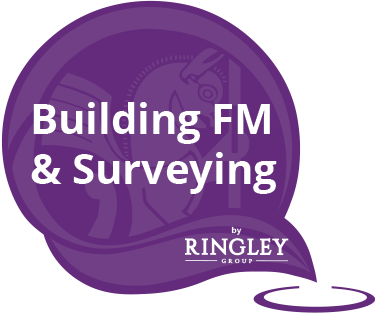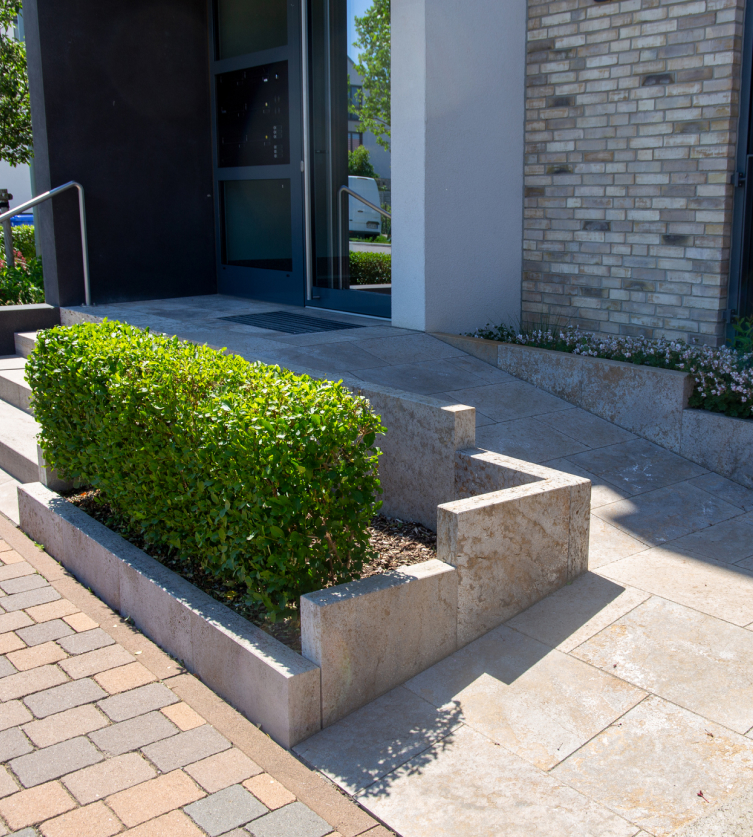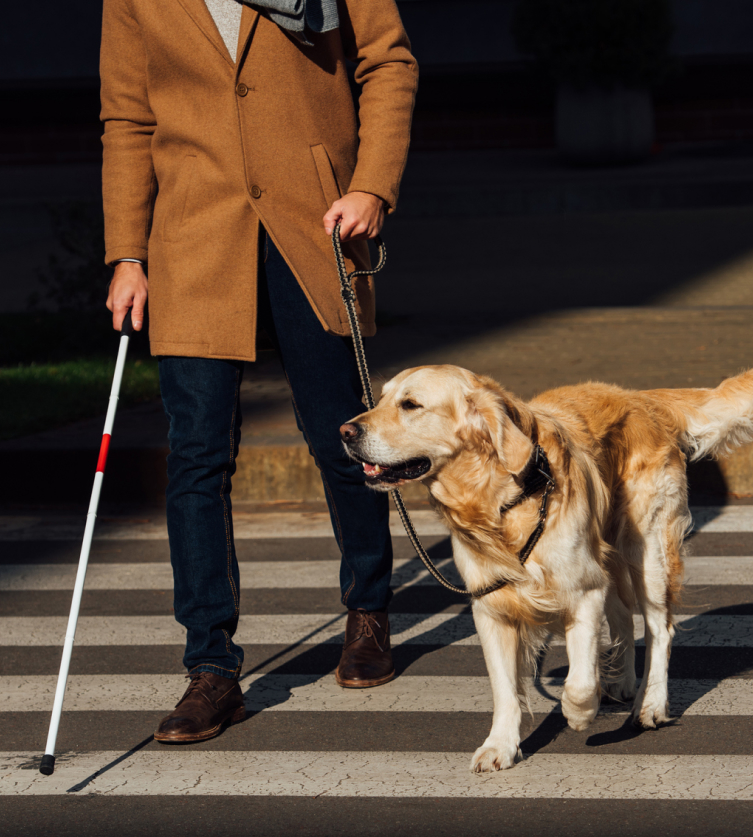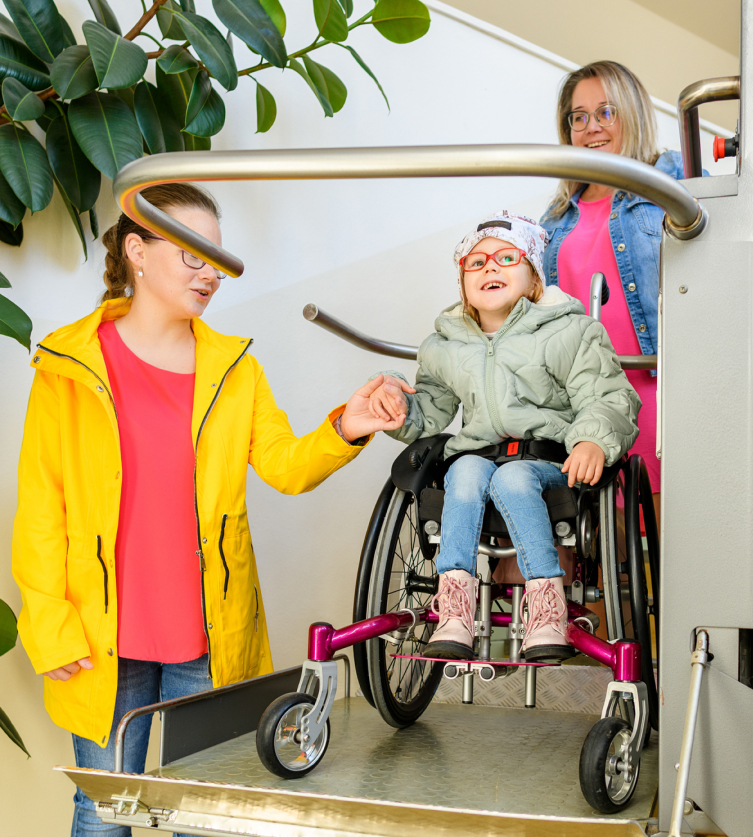It is a legal requirement to make reasonable adaptations to a building for those with disabilities if the premises welcomes visiting members of the public. For residential premises people are generally seen to be able to choose to live somewhere suitable for them, however, if their circumstances change disability grants are often available

A disability access audit will provide you with a list of modifications that you should make to a property to ensure it offers an ‘inclusive environment’ to guests and visitors. This can include access to a building, communal circulation areas or a list of modifications within a property required perhaps because the occupant is disabled, infirm or perhaps wheelchair bound.
A disability access audit is a Chartered Surveyor’s or Chartered Engineer’s inspection of a premises to assess to what extent it complies with Disability Access legislation. The aim being to draw up a list of proposals as to what alterations or works need to be done to a property to make the property an inclusive building, easy to navigate by disabled persons whether they be visually impaired, infirm, wheelchair bound, hard of hearing or otherwise. Typical adjustments include issues such as level access, ramps, tactile surfaces, induction loops to aid hearing, wheelchair accessible toilets.
The Disability Discrimination Acts 1995 and 2005 aim to end the discrimination that many disabled people face. For example, it is now a legal requirement that disabled person can enjoy equal treatment and access to all aspects of life. Discrimination means giving less favourable treatment, not making reasonable adjustments and specific rights have been granted to disabled people rights in the areas of:
- employment,
- education,
- access to goods, facilities and services, including larger private clubs and transport services,
- buying or renting land or property, including making it easier for disabled people to rent property and for tenants to make disability-related adaptations,
- functions of public bodies, for example issuing of licenses.
Ringley can:
- provide independent advice and perform a 'disability access audit' to help you comply with regulations.
- prepare specifications for improvements,
- tender specifications,
- administrate works on site.
Disability Adaptations & Consents: How to get started
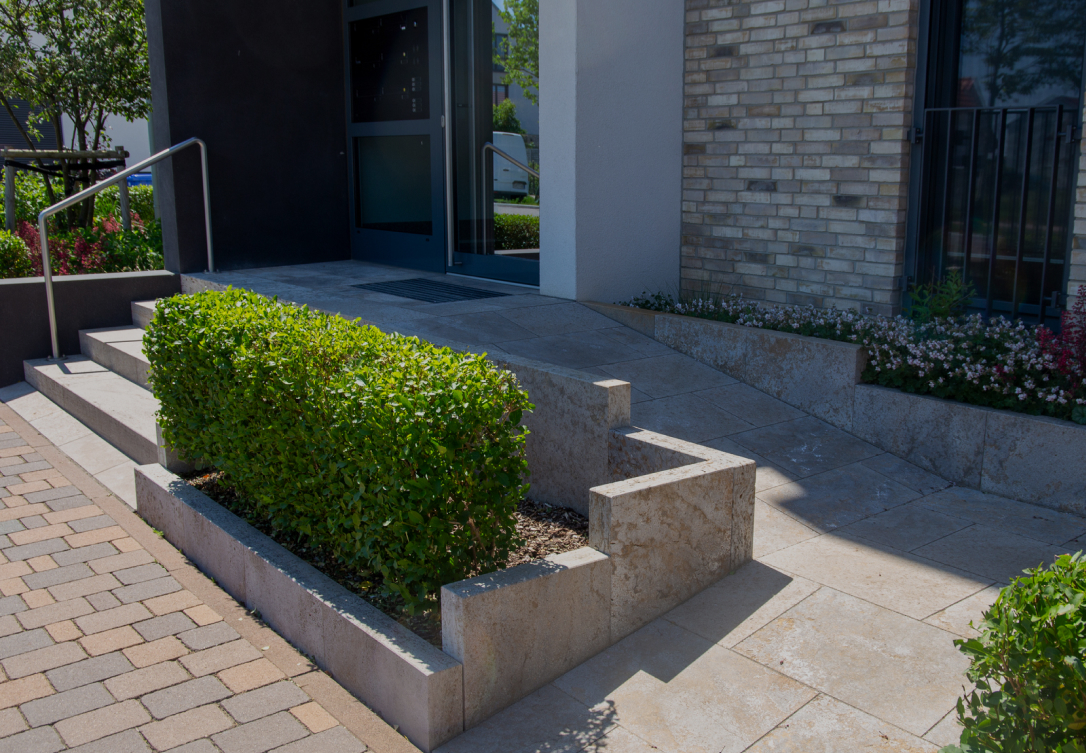
Who has to make DDA adjustments?
The principles are to make “reasonable adjustments” and “not discriminate disable by giving less favourable treatment” - generally the landlord of the property, not the service charge should pay, but consents may be needed.
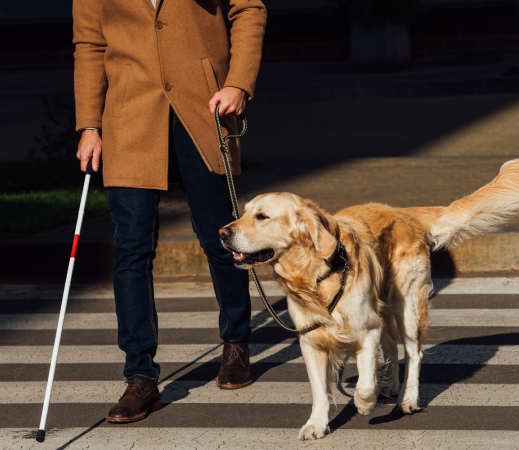
DDA grants what is available?
Disabled Facilities Grants may be available to disabled persons or persons living with them, the owner or tenant of the property where a disabled person lives
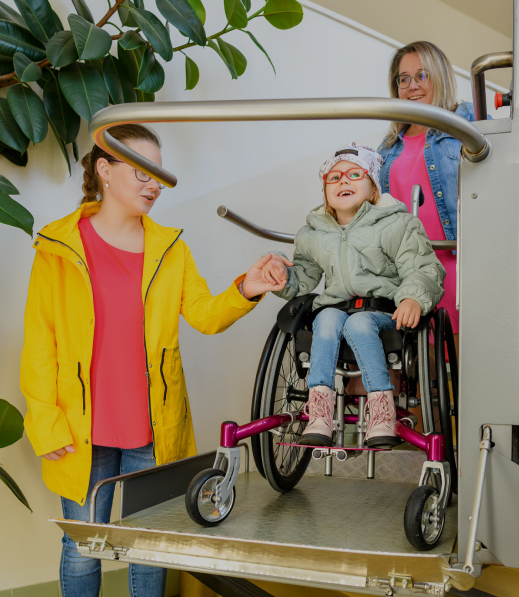
Alterations & consents for accessibility adaptations
Most landlords will be very helpful and support those who need accessibility adaptations, most leases also have a clause 'consent not to be unreasonably withheld' which helps too
Table to demonstrate who should pay for adjustments
| Item | Guide for decision making | Likely person responsible |
|---|---|---|
| Access ramp | Auxiliary aid | Landlord |
| Stair lift to building | Alteration/adjustment | Tenant/Occupier |
| Stair lift to property | Alteration/adjustment | Tenant/Occupier |
| Mobility scooter store | Alteration/adjustment | Tenant/Occupier |
| Parking close to door | Change lease/policies/procedures | Landlord (if no spare/visitors space available) |
| Guide dog (if lease does not allow) | Change lease/policies/procedures | Landlord |
| Disability bathroom adaptations | Alteration/adjustment & Change lease/policies/procedures | Tenant/Occupier & Landlord |
| Damage caused by wheelchair user | Alteration/adjustment | Tenant/Occupier |
| Dropped curves | Auxiliary aid | Landlord |
| Remove/replace/provide furniture or equipment | Auxiliary aid | Landlord |
| Replacing or providing signs or notices | Auxiliary aid | Landlord |
| Replacing taps or door handles | Auxiliary aid | Landlord if common parts & Occupier within flat |
| Widening the doors | Alteration/adjustment | Tenant/Occupier |
| Braille version of invoice | Auxiliary aid | Landlord |
| Colour contrast/materials | Auxiliary aid | Landlord |
| Adjust height of door bells/entry systems | Auxiliary aid | Landlord |
| Key safe for career | Auxiliary aid | Landlord |
Find out more right now
For practical ways to make a property more accessible, we can help?
